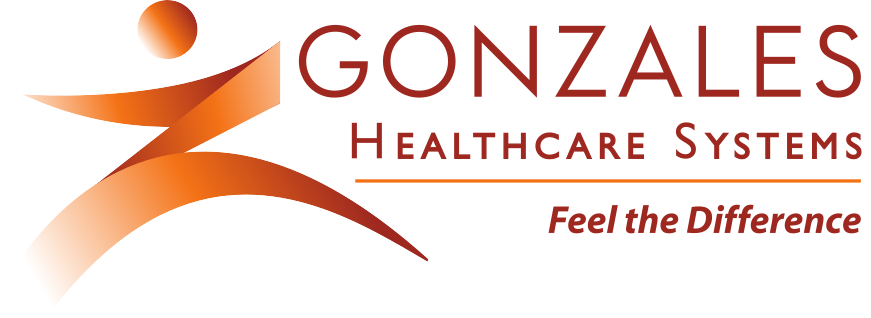As we enter National Nutrition month, we thought it was important to bring light to the most common chronic disease that we face in America today, obesity. Indeed, an estimated 70 percent of American adults are either overweight or obese. All those extra pounds increase the risk for a multitude of chronic health problems, from high blood pressure, high cholesterol and heart disease to joint problems, diabetes, sleep apnea and long-term illnesses.
So how do you know if you are overweight?
The best way is to see your personal physician, who can determine your Body Mass Index (BMI).
- An adult who has a BMI between 25 and 29.9 is considered overweight.
- An adult who has a BMI over 30 is considered obese.
Don’t Wait to Lose the Weight
If you’re ready to lose weight, there are many options available. The good news is that even a moderate loss of just 5 to 10 percent of your body weight can significantly reduce your health risks, for example, lowering your blood pressure and reducing the risk of type 2 diabetes. Usually a combination of eating a healthy diet and starting a moderate exercise program is the first step. Behavior modification and weight-loss drugs are other possible therapies. In extreme cases, weight-reducing bariatric surgery, such as reducing the size of the stomach or placing an adjustable band around the upper part of the stomach to decrease a person’s food storage area, may be an option.
Click Here to calculate your BMI. If you want to take the next step to losing weight, check out what THRIVE has to offer to get you ready for summer.
